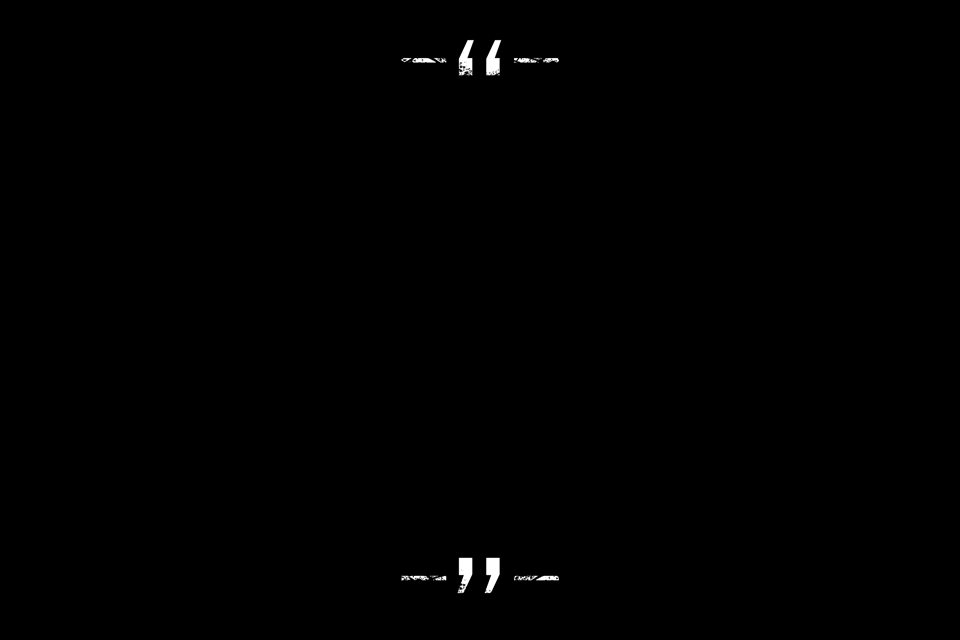Arab Paper Pursues News Under Threat of Bombs
LONDON — Al Hayat is in trouble again, but there is still life despite threats to one of the Arab world’s most influential newspapers. After decades of political pressure, violence and exile, the London-edited Arab-language daily is enduring a new campaign of terror.
“We don’t know who we have antagonized, but I think we are a moderate, centrist paper and I’m not going to change that,” said editor Jihad Khazen during a conversation at his office Wednesday interrupted by a hang-in-there call from Lebanon’s prime minister.
Khazen met with Scotland Yard anti-terrorist police and private security experts who flew in from the United States on Wednesday to discuss safeguards for his staff after more than a dozen letter bombs were received so far this year at Al Hayat’s offices in London, New York, Washington and Riyadh, Saudi Arabia. Two security guards were injured, one seriously, when a letter bomb they were handling exploded here Monday.
“We are coping, but we are baffled. No one has threatened us, and no one has claimed responsibility,” Khazen said. There is no shortage of extremists who might bear a grudge against the Saudi-owned newspaper, but no early evidence linking any of them to the attacks.
Al Hayat, whose title means “Life,” is produced here and printed at plants in Europe and the Middle East for daily sale throughout the Arab world and in Arab communities in Europe and the United States.
Arab specialists say it is a forum that welcomes diversity and is undismayed by controversy on its pages or among its 50-member editorial staff, which is made up mostly of Lebanese but includes Muslims and Christians from half a dozen Arab states.
“They say it could have been Islamic fundamentalists. But why? We give them acres of space,” said Khazen, 57, himself one of the most prominent Arab commentators and a fierce critic of terrorism.
Daily circulation of around 165,000 understates the newspaper’s clout, specialists say. Al Hayat is the dean and quality leader of about 60 Arab-language periodicals that enjoy greater freedom from a London base than they would in the Middle East.
“This could be an attempt to silence and intimidate Arab newspapers in the diaspora,” said Ibrahim Karawan at the International Institute for Strategic Studies here. “Al Hayat is important in shaping political, social and cultural views among the elite in the Arab world. Top officials read it, even if they disagree with it.”
Khazen recalled Wednesday how on May 16, 1966, as a young journalist, he watched helplessly while Al Hayat’s then-editor, Kamel Mrowa, died in his Beirut office of an assassin’s bullet through the heart. Mrowa, who founded the paper in 1946, was killed for opposing the birth of Arab nationalism.
In the next decade, the newspaper was bombed more than a dozen times. In 1976, Khazen recalled, the newspaper and its English-language stablemate, the Daily Star, which he edited, were forced to close in the middle of the Lebanese civil war.
“We ran out of newsprint. The truck driver bringing rolls to the plant was shot and killed by a sniper and no one else would go,” Khazen said. The paper was reopened in 1986 as part of a great flourishing of the Arab press in London.
Open-minded London has proved a magnet for Arab dissidents--and their opponents. Since 1977, nearly 30 people have been killed here in slayings related to Middle Eastern politics.
In the welter, Khazen said his goal is to publish an independent newspaper. “We can’t claim to be fully independent in the Arab world. There are days when I feel I am covering [up] the news literally; I can’t get it into the paper. My chief aim must be to avoid getting banned.”
The paper, which operates at a loss, is owned by Saudi Prince Khaled ibn Sultan ibn Abdulaziz, a nephew of King Fahd and commander of Saudi forces during the Persian Gulf War. He is said not to interfere in the day-to-day operation of the paper. But Al Hayat, which prints the largest part of its circulation in Bahrain for delivery to Saudi Arabia, daily faces government censors in the Mideast.
“Al Hayat reflects a certain kind of pluralism, but it must be careful not to criticize Saudi policies. In the context of Arab newspapers, it is of very high quality,” said Karawan.
The threatened newspaper, said analyst Said Aburish, is effectively the flag-carrier of the Saudi press. “If somebody decided to go for the Saudi press, Al Hayat would be target No. 1. There has been consistent Arab political violence here. Why are people surprised now? Saudi is not a country where you can march down the street carrying placards,” said Aburish.
On Wednesday, Arab newspapers in London, along with Arabs surfing the Internet, had a field day speculating on the most likely bombers. The suspects ranged from Saudi dissidents to Algerian and Egyptian fundamentalists, Israeli intelligence, or the governments of either Iraq or Libya, both of which have been criticized in Al Hayat’s columns.
The 5 1/2-by-6-inch envelopes containing Semtex plastic explosives inside musical Christmas cards bear Egyptian stamps and postmarks from Alexandria, Egypt. The Egyptian government says both are counterfeit.
In addition to the bombs mailed to the newspaper’s offices, devices were mailed to the federal prison in Ft. Leavenworth, Kan.
As police and intelligence services from the United States, Britain and Egypt hunt the bombers--and there was yet another incident Wednesday, this one a false alarm at the United Nations in New York, where Al Hayat has a bureau--it is deadlines as usual for a newspaper editor whose views make him an inviting target in the cause-ridden Mideast.
“I resent causes and people with causes. They cause havoc to everybody else,” said Khazen.
More to Read
Sign up for Essential California
The most important California stories and recommendations in your inbox every morning.
You may occasionally receive promotional content from the Los Angeles Times.










